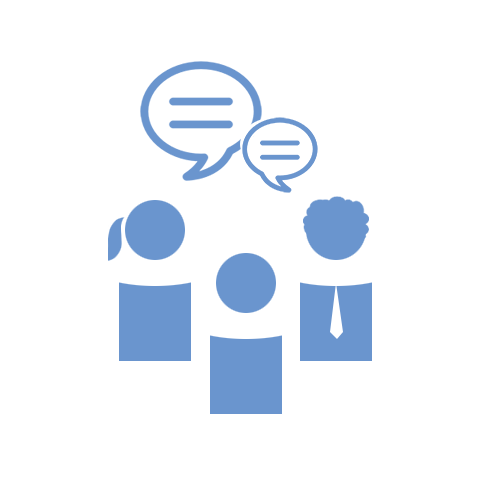The Value of Diversifying
By Owen Cotton-Barratt

The effective altruism community has focused its attention on a few large and neglected groups of beneficiaries. Most of the direct work associated with effective altruism has been aimed at helping the global poor, or animals, or the long-term future.
It’s also used relatively few different methods for pursuing these goals. For example a lot of the work on helping the global poor has been via health interventions or cash transfers. Similarly a lot of work focusing on improving the long-term future has been research into existential risk. It has made sense for us to choose some things to focus on -- enough similarity in method and objective means that people can understand the space and build a specialised community around it.
However, there are reasons to search for new focus areas.
Why explore new areas?
Firstly, perhaps there’s something fantastic out there which we haven’t considered yet, which would be much better than our existing choices. Such a discovery could lead us to shift a lot of our attention, without necessarily increasing our number of focus areas.
A second big reason to explore new ares is that the effective altruism community is growing. A bigger community has the capacity to have groups specialising in a larger number of areas. A more diverse set of focus areas allows efficient use of a wider range of individuals’ skills. And a bigger community is more likely to reach the scale where it sees diminishing returns in individual areas, meaning that it’s correct to spread out over a larger number of areas. If we are going to spread into more areas, we should do what we can to find the highest-value ones.
Remaining focused
There are important challenges that come with diversifying, too. In particular it will be harder to make sure that the community remains focused on the most valuable opportunities, rather than using ‘diversity’ as a defence for whatever seems attractive to them.
I think these challenges are manageable, and I won’t get deep into them here, but they seem worth exploring further.
Should we focus on new methods or new beneficiaries?
We could search for ‘Cause X’, a new moral problem which is vital to address. This might have an entirely new set of beneficiaries, or could be a subgroup of an existing group. Alternatively, we could look for new methods of helping existing beneficiaries -- for example if we identified pursuing public consensus as an effective mechanism for reducing existential risk.
I think it’s important that we put some effort into exploring in both of these directions. This way we can play to the strengths of people who may be well-placed to do each kind of exploration, and we can get the low-hanging fruit from exploring in each direction.
That isn’t to say that any focus area has to have a particular group of beneficiaries in mind. Spreading effective altruism is agnostic on this question. Other possible approaches, such as trying to improve political systems (avoiding partisan object-level issues), might also be identified as effective.
Although I think it’s important to pursue both, personally I’m more optimistic about finding new methods to focus on.
This is because of some intuitions about the search spaces. The historical rate of identifying new crucial moral challenges has not been that high. There are lots of subgroups of beneficiaries we might consider, but only so many natural ones.
In contrast the world is pretty complex. Finding new methods for doing things is quite frequent in the world at large. Finding effective new leverage points is thus plausibly easier (and thinking about what neglected points of influence on the world may be could give a starting point for looking). It may also be more suitable to pursuing in parallel by many people with varied expertise across a large community (although in some cases a large group of people could help a large group of beneficiaries by focusing on different sub-groups).


